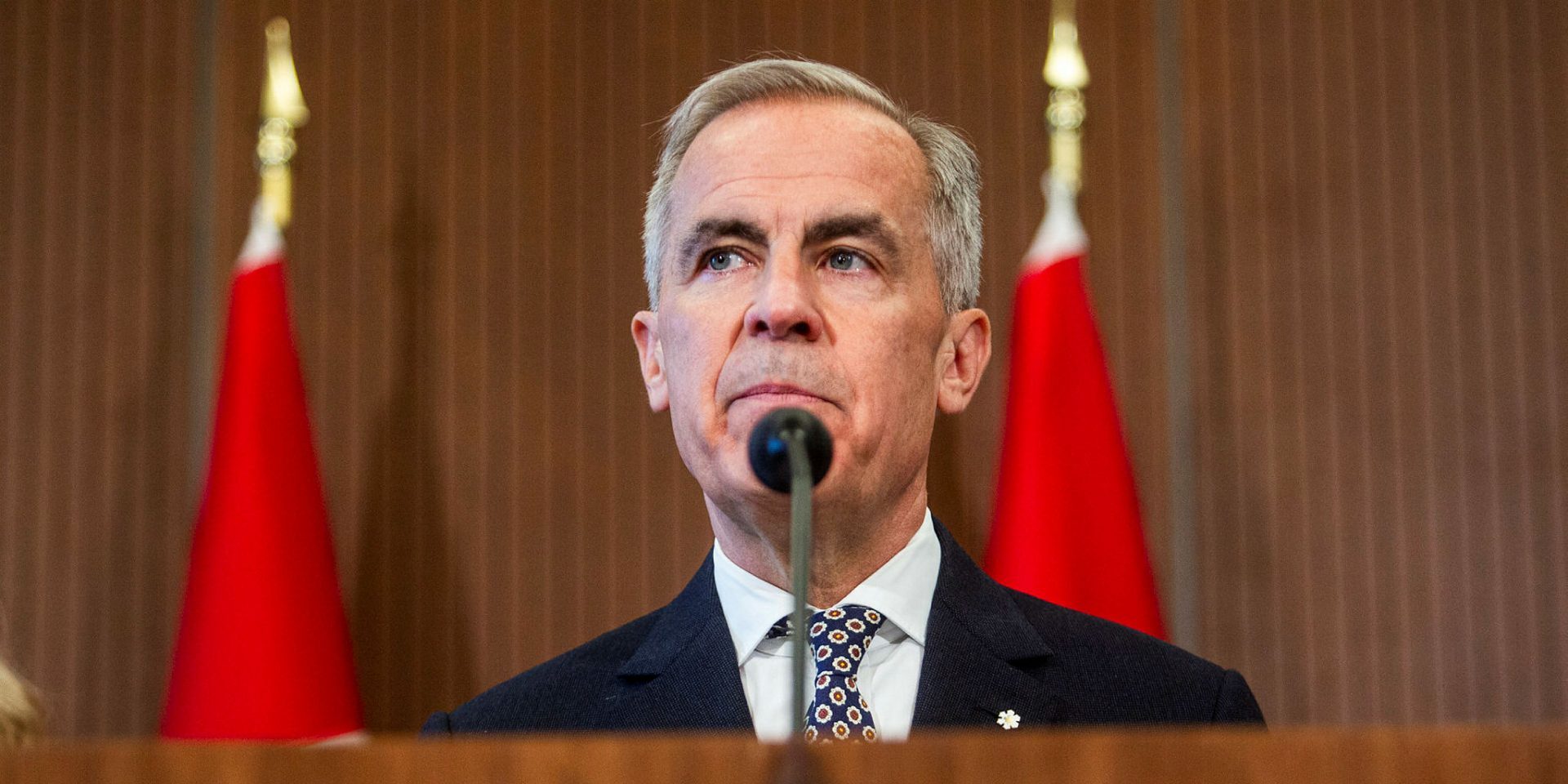Carney blows the roof off inertia-bound Ottawa, but there’s no guarantee of success

OTTAWA–”Action This Day” was the sticker that Winston Churchill appended to his missives to generals and cabinet ministers requiring urgent, proactive decisions as he sought to energize Britain’s defences against Adolf Hitler in the 1940s.
Without comparing Mark Carney to Churchill, the new Canadian prime minister’s approach does put one in mind of the famous red-ink stamps the British leader employed to try to cut through his government’s inertia.
Whether it’s ditching the carbon tax, initiating a middle-class tax cut, expanding ties with Europe, ramping up military spending, or establishing a working relationship with the United States’ Donald Trump, the overachiever from Fort Smith, N.W.T., is moving with a speed and reach that hasn’t been seen around Parliament Hill in a very long time.
Newly-elected prime ministers talk about rapid action, but this commitment is usually honoured in the breach in the immediate going as governments get organized and calculate potential blowback from the political opposition, vested interests, etc.
Of course, no prime minister in recent decades has been elected in the midst of the kind of life-or-death crisis Canada faces from Trump’s destruction of 45 years of bilateral free trade and threats of annexation.
But it’s worth keeping in mind that Carney has more experience dealing with national economic emergencies and crises of international scope—and the leaders involved—than any other Canadian. This not only includes heading Canada’s central bank during the 2008 worldwide banking collapse, and running the United Kingdom’s central bank during the Brexit upheaval. He was also put in charge of the G20-commissioned effort to tighten up the global financial system to avoid another meltdown. And in 2019, he was named a United Nations Special Envoy for Climate Change.
So no one should be surprised that Carney seems to see Canada’s problems in a wider context than most of the people who have been the temporary owners of a seat in the Commons in recent times. He is unabashedly promoting a new strategy to break through the usual parochial interests and, in effect, demanding that his elected counterparts across the country live up to their good faith responsibility to act in the best interests of all.
And, in keeping with voters’ overwhelming demands for change, the prime minister is moving fast. Last week alone, he gave Canada’s long-held aspirations of global leadership a semblance of reality by successfully managing a minefield-laden G7 Summit, talked Trump into a putative 30-day deadline for trade talks, and pushed through legislation to fulfill key economic promises. The bill aims to reduce the internal trade barriers that have been hamstringing the economy since forever, and open the way for accelerated action on major infrastructure projects.
And this past weekend, Carney headed to Europe for NATO and Canada-European Union summits where he is working to fulfill his pledge to diversify trade and reduce dependence on the U.S. In doing so, he is on the way to providing Canada with the closest defence and economic ties to Europe of any non-EU country.
Passage of the One Canadian Economy Act, which is expected to receive Senate approval this week, fits with Carney’s agreement with the premiers in Saskatoon to try to leave the country’s largely paralyzed major projects’ authorizations process in the past.
“For far too long, when federal agencies have examined a new project, their immediate question has been ‘why,’” Carney told the media on June 20. “Now, they’ll ask themselves: ‘how.’”
All this is bracing, but, even leaving aside the many possible disruptions from the U.S.’s entry into the Israel-Iran conflict, the outlook for Carney’s build-baby-build campaign seems, at best, mixed.
Canada’s highly decentralized federation requires time, energy, and good fortune to reach consensus, and a lot of the most obvious large infrastructure projects—like pipelines—are already encountering customary divisions and lack of private sector excitement. It seems unlikely, for instance, that Carney’s initiatives will succeed in fulfilling Alberta Prime Minister Danielle Smith’s make-or-break demand for another oil pipeline to a port on British Columbia’s northern coast.
And First Nations spokespeople are insisting that the Carney government rethink its approach to greenlighting these projects so as to comply with its duty to bring Indigenous people into the decision-making process. Backtracking, the Liberals have scheduled meetings with Indigenous leaders this summer to try to set the guardrails and incentives around hurry-up project approvals—something that is not likely to be settled in a few months, regardless of Ottawa’s good intentions.
Considering that, and the range of other issues involved in achieving consensus on major undertakings, speed could prove very elusive. So, despite the U.S.-incited emergency, it remains to be seen whether the Carney government can make all this work in a timeframe that complies with his refreshing, unconventional campaign to rapidly bring the country together to start building a stronger, more independent economy.
Les Whittington is a regular columnist for The Hill Times.
The Hill Times






 LICENSING
LICENSING PODCAST
PODCAST ALERTS
ALERTS


